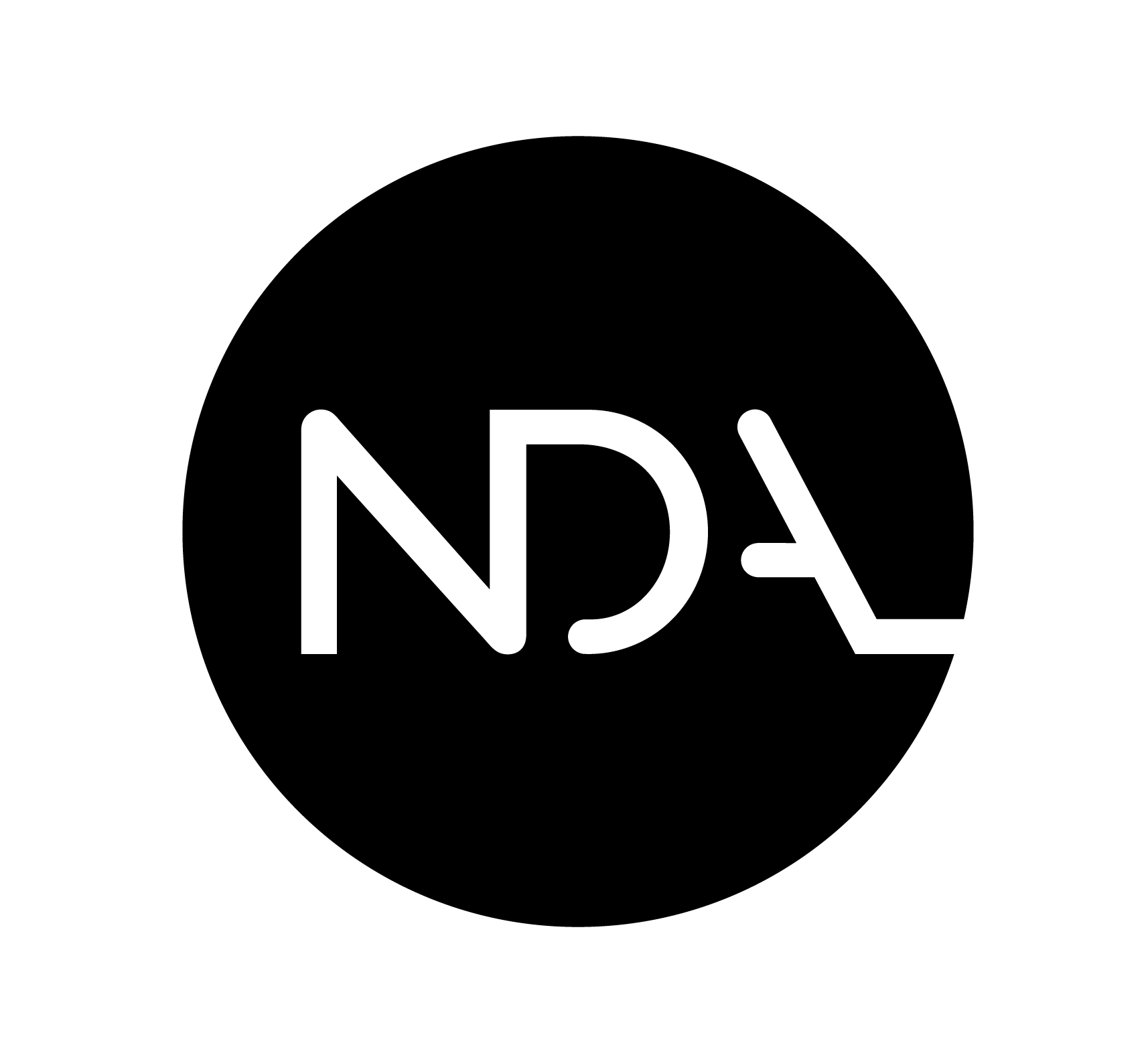Blog
Unless otherwise stated, content is shared under CC-BY-NC Licence
More, More, More: Introducing Novice to Know-How 2.0
A yea r ago from the time of writing, the first case of Covid-19 had yet to appear in the UK, and my two biggest worries in life were not pandemic related. How strange now to think that such times existed! My first worry was whether I would be a good “hoomum” to the wee rescue dog I was about to adopt (many of you will have met Pretzel on Zoom calls since…) and the second was whether we would be able to deliver our ambitious first online training project within the tight schedule given.
r ago from the time of writing, the first case of Covid-19 had yet to appear in the UK, and my two biggest worries in life were not pandemic related. How strange now to think that such times existed! My first worry was whether I would be a good “hoomum” to the wee rescue dog I was about to adopt (many of you will have met Pretzel on Zoom calls since…) and the second was whether we would be able to deliver our ambitious first online training project within the tight schedule given.
Information Communication and Technology (ICT) priorities in the light of Brexit: survey help required!
Dr Elizabeth Lomas is an Associate Professor in Information Governance at UCL.
In 2016, the UK voted to leave the European Union (EU). The consequences and outcomes from this decision have continued to be debated. Across the EU, ICT represents a significant economic driver. Within this context, ICT was calculated in 2015 as delivering 5.9% of the UK’s GDP; the largest ICT percentage for any EU Member State at the time. As such, ICT has a key stake in the negotiated changes. In addition, the UK is a large service economy processing large amounts of data/content in support of many functions.
Since 2016, Elizabeth Lomas (UCL) and Julie McLeod (Northumbria University) have been gathering data to record and map ICT/information professional perspectives on what this does mean in terms of shifting opportunities and threats for the sector and profession. We are currently asking for help to provide your perspectives through an online survey available at https://opinio.ucl.ac.uk/s?s=70519. This takes only 10-20 minutes to complete and can provide an important data set for the ICT domain and information professionals in terms of what Brexit does mean/risk.
NEDCC Digital Directions Conference 2020 – “Digital preservation is technology enabled but human driven”
Megan Joyce is a Curator in the Contemporary Conflict team at Imperial War Museums. She attended NEDCC Digital Directions Conference 2020 with support from the DPC's Career Development Fund which is funded by DPC Supporters.
Digital preservation goes beyond preserving digital objects for the future. It is a combination of policies, strategies and actions to ensure future access to reformatted and born-digital content. This was my main takeaway from the Northeast Document Conservation Center (NEDCC) Digital Directions conference from keynote speaker and the Director of the NEDCC Ann Marie Willer. Last month I was able to attend the conference with a career development fund from the DPC, allowing me to (virtually!) listen and engage with leading digital preservation professionals from various museums, archives and university libraries.
The next three days were dedicated to attending the online conference and watching presentations on creating and managing digital collections, with subjects such as metadata, storage, workflows, preservation tools and access all being covered in short 45-minute segments. As I am currently working with the contemporary born-digital document and sound collections at Imperial War Museums (IWM), this conference provided me with a great opportunity to develop a clearer understanding of the best practices, standards and tools needed when thinking specifically about IWMs born-digital document and sound collections in the Contemporary Conflict team.
Digital Preservation at the Nuclear Decommissioning Authority - looking back and moving forward
Two years ago today was my first day working at the Digital Preservation Coalition as Head of Good Practice and Standards. My main task, a big project to turn my attention to...
I was employed to work on a project called ‘Reliable, Robust and Resilient Digital Infrastructure for Nuclear Decommissioning’. This was a collaboration with the UK Nuclear Decommissioning Authority (NDA), with the aim of helping them establish digital preservation policy and procedure.
I’m reading back on my notes from our first project kick off meeting two years ago and it really seems an age ago that I was trying to get my head around the important work that the Nuclear Decommissioning Authority does, and understand the specific digital preservation challenges they face. It was a very different context from the higher education world I was used to working in and, at the time, and those differences stood out more than the similarities.
Some of my highlights from the WDPD blogs
This time last week, World Digital Preservation Day was in full swing. From my perspective a fantastic day of digital preservation knowledge sharing and celebration. So much was going on it was pretty much impossible to keep up with it all and I tended to interact primarily with the tweets and incredible pictures of cake rather than taking time to properly read and absorb all of the information.
So, I like to take a bit of time after World Digital Preservation Day to read through all the blog posts, and get a really good overview of some of the work that is going on across the community.
This task is now complete (yes...it took me a week, yes...I did do other things too!) so I bring you a round up of some of my personal highlights.
Preserving the bits: a salutary tale from the National Archives of Australia
James Doig is the Senior Digital Archivist at the National Archives of Australia.
This is a tale that carries a key digital preservation message: recovering the bits from obsolete carriers and ensuring those bits are properly cared for when it is still possible to do so will lead to positive outcomes that may not be fully realised for years into the future.
Our story begins way back in the early 2000s, a time when what are now universally agreed digital preservation principles and workflows were still being developed, and before familiar standards like PREMIS and OAIS were available. In 2003 the National Archives of Australia commenced a project to audit obsolete carriers in its collection and to recover the data from those carriers. The dates of the carriers ranged from 1970 up to the late-1990s. The audit identified 300 carriers, categorised as follows:
Not Unchanged
The last rays of sun are now setting on the most westerly reaches of the map and we’ve all now had a chance to celebrate and participate World Digital Preservation Day. I have a brief moment – for me it’s now the morning after the night before – to offer a few immediate reflections and pick a few highlights.
Our theme for the 5th November, Digits For Good, has a neatly-constructed double meaning implying both purpose and time. Both are necessary and both were on display. I encourage you to leave your comments here on your own highlights.
It’s too early to report the full story of World Digital Preservation. This particular count is far from complete but the success is undisputed. We counted 85 blogs on the DPC website (yes that’s the most ever) from 22 countries (yes that’s the most ever). And that’s just one of the many blogging platforms: I know because I wrote for two others besides and we spotted maybe another 25 that we know of. We have counted well over 5,000 tweets - more than 4,000 on the #wdpd2020 tag and another 750 or so with #dpa2020 from around 1900 different accounts. There were at least 10 baking ‘incidents’ (I don’t count each individual cupcake or cookie) in the #BitListBakeOff. Two new initiatives - the digital preservation themed pizza and at least one digital preservation themed cocktail selection, to be enjoyed while marvelling at the musical contributions. The State Library of Queensland has made the parody video into an art form.
The EaaSI Interaction API
Euan Cochrane is the Digital Preservation Manager at Yale University Library in New Haven, CT
-
Imagine being able to migrate any data from any legacy format to any compatible modern format automatically.
-
Imagine being guided through using legacy software with real-time demonstrations and tutorials that you can interrupt and take over from at any point.
-
Imagine being able to add a screen reader to any software, enhancing accessibility.
-
Image having access to comprehensive metadata about all software titles.
We are developing Emulation as a Service Infrastructure (EaaSI) software with a long time horizon - we expect the general approach that EaaSI is enabling, i.e. the ability to be able to re-run legacy software at any point in time, to be necessary indefinitely.
2020, #WeMissiPRES and the best conference I have never attended
Steph Taylor is based in Los Angeles, USA.
I’ve worked in digital libraries and archives for a long time, and I’ve always wanted to attend the iPRES conference, but I’ve never made it. Given my many failed attempts, I was not expecting 2020, the year of the apocalypse, to be any different. But these are strange times. I heard about an online event called #WeMissiPRES, hosted by DPC and I rushed to book a place. The event was not iPRES, and the organisers (friends of iPRES), explained up front that there would be no heavy papers. Instead, they were aiming for a fringe festival, coffee shop vibe for the event. This sounded perfect.! My 2020 self needed to connect and learn, but in a gentle way.
The event itself was excellent. In recent years, there has been a shift to put more professional content online within the digital preservation community and the event benefited from this move. And in the age of the pandemic, many of us are now video conferencing experts. Organisers, speakers and delegates easily picked up the etiquette of online interactions and each session ran smoothly. There was also a social element, which was a lot of fun and helped to provide the networking element often missing with online events.
The biggest and most significant shift for me was not the technology or the well-organised programme, but the range of participants. Although I had missed out on iPRES, I’ve had a number of jobs where I’ve been privileged enough to attend many conferences. These conferences billed themselves as international, but as #WeMissiPRES unfolded, I realised that I had never attended a truly international conference. Most of my conferences had been based in Europe. There would be a lot of European-based delegates, with a smattering of people from elsewhere. I’d only been able to attend one conference outside Europe and was one of only a handful of European-based people there, with most people being from the local region. So here I was, in a time of restricted national and international travel, when many people around the world were barely leaving their own homes, participating in an actual global event.
The Business of Preservation is the Practice of Care
Justin Simpson is the Managing Director of Artefactual Systems.
Digital preservation can be a hard sell. Institutions may recognize the need. Many do not adequately prioritise the work. The return on investment for digital preservation efforts is difficult to quantify, and not achievable in a short time span.
We will not convince the world of the importance of this work in financial terms alone. While the practice of digital preservation can be understood as a business practice, I believe a more profitable framing is to consider the work of preserving and providing access to cultural memory as a practice of care.
Bernice Fisher and Joan Tronto describe caring as ‘… a species activity that includes everything that we do to maintain, continue, and repair our ‘world’ so that we can live in it as well as possible.’ [1]
This definition describes the work of caring for cultural memory just as well as it describes healthcare, or childcare, or the many other forms of caregiving. The work of caring, of all kinds, is generally undervalued, and often invisible. Our conversations about how to provide, for example, healthcare, are often restricted to purely financial concerns. Caring is then turned into a commodity for profit making, at the expense of the real value that caregiving creates.
























































































































































